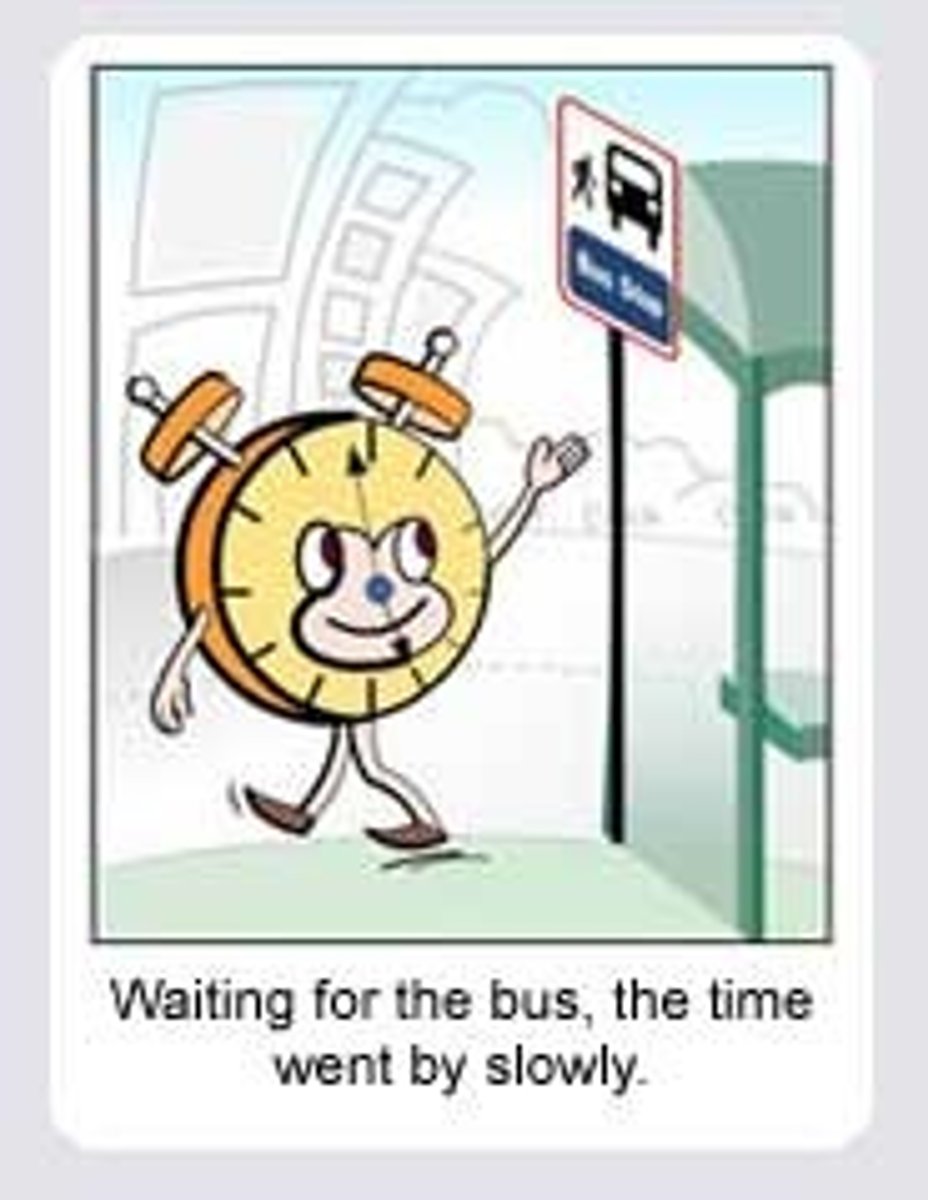English Grammar - Ch. 2 Terms
1/19
There's no tags or description
Looks like no tags are added yet.
Name | Mastery | Learn | Test | Matching | Spaced |
|---|
No study sessions yet.
20 Terms
Phrase
A group of words without a verb that functions as one grammatical unit.
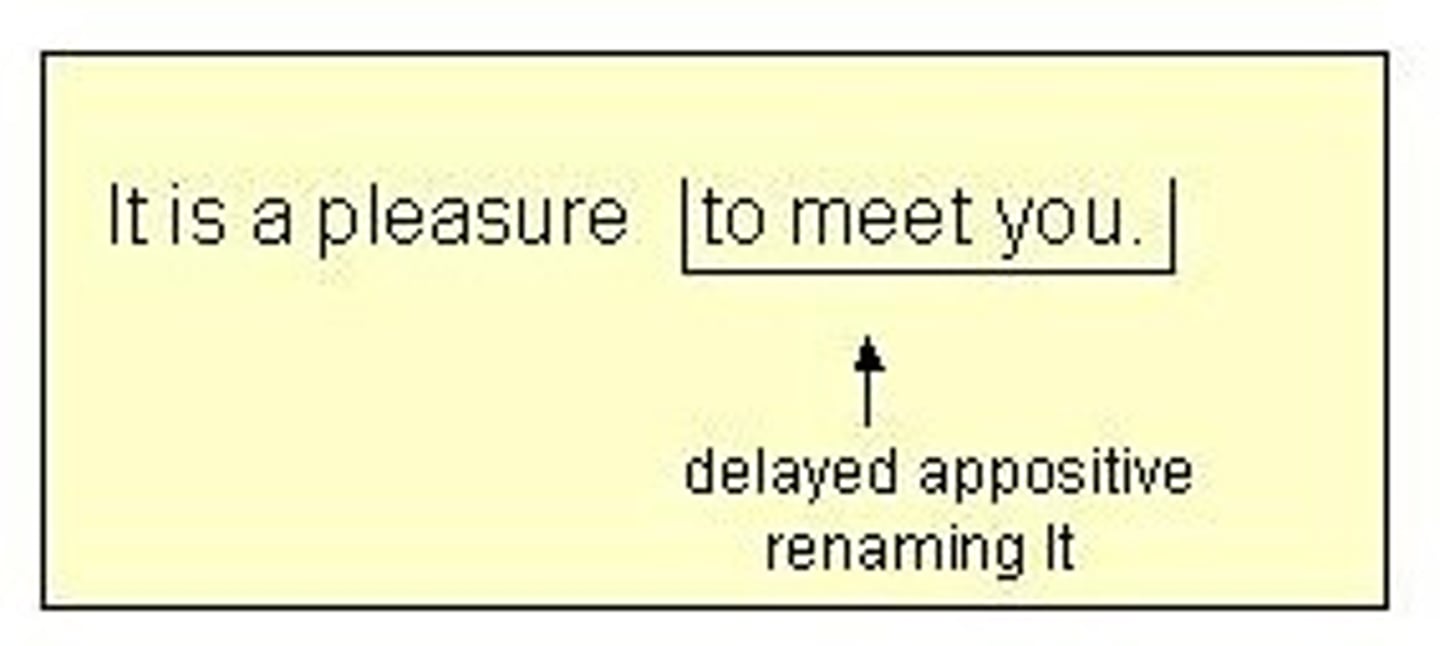
Prepositional Phrase
A group of words that begins with a preposition and ends with a noun or pronoun.
This phrase may act like an adjective or an adverb
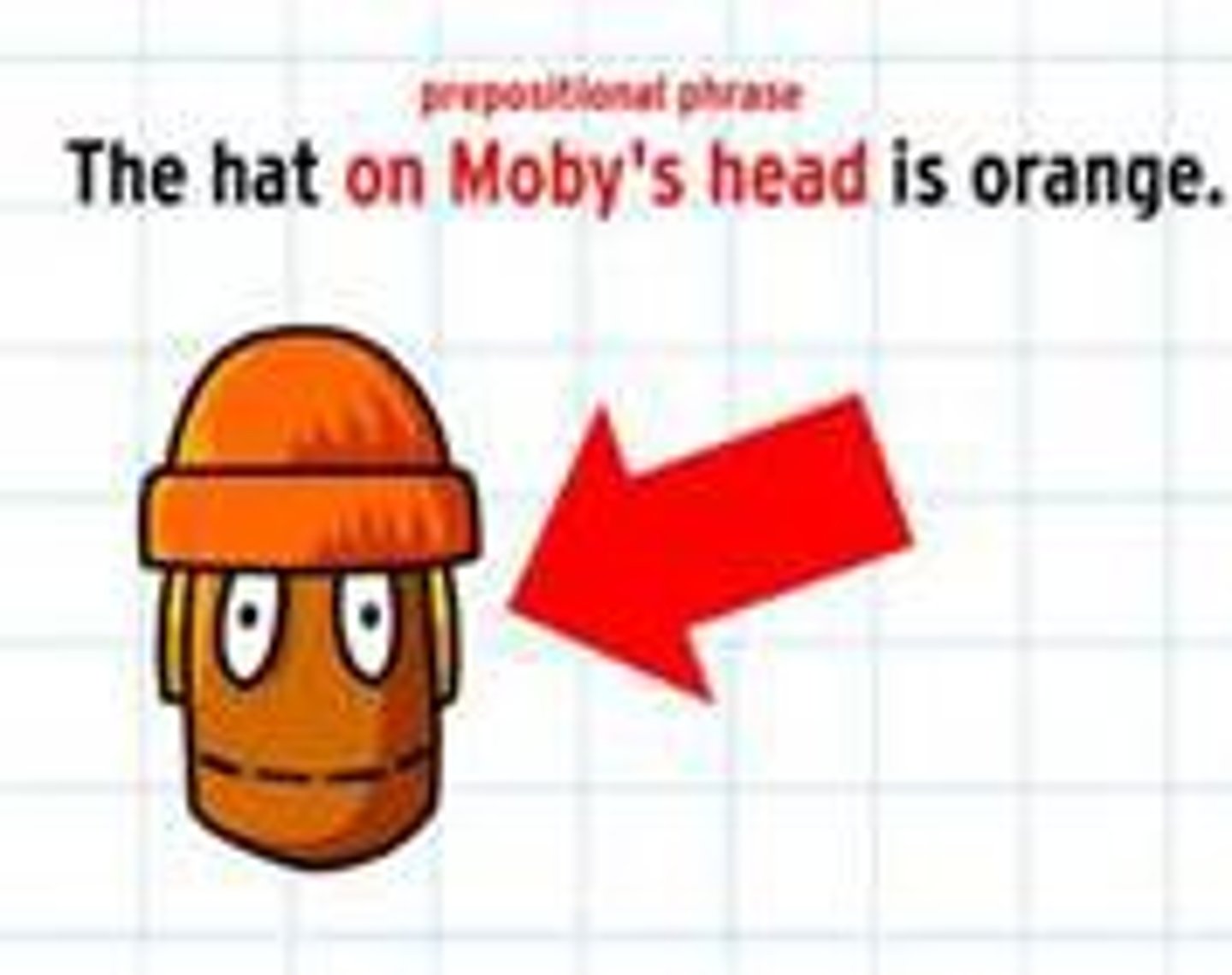
Adjective Phrase
A prepositional phrase that modifies a noun or pronoun
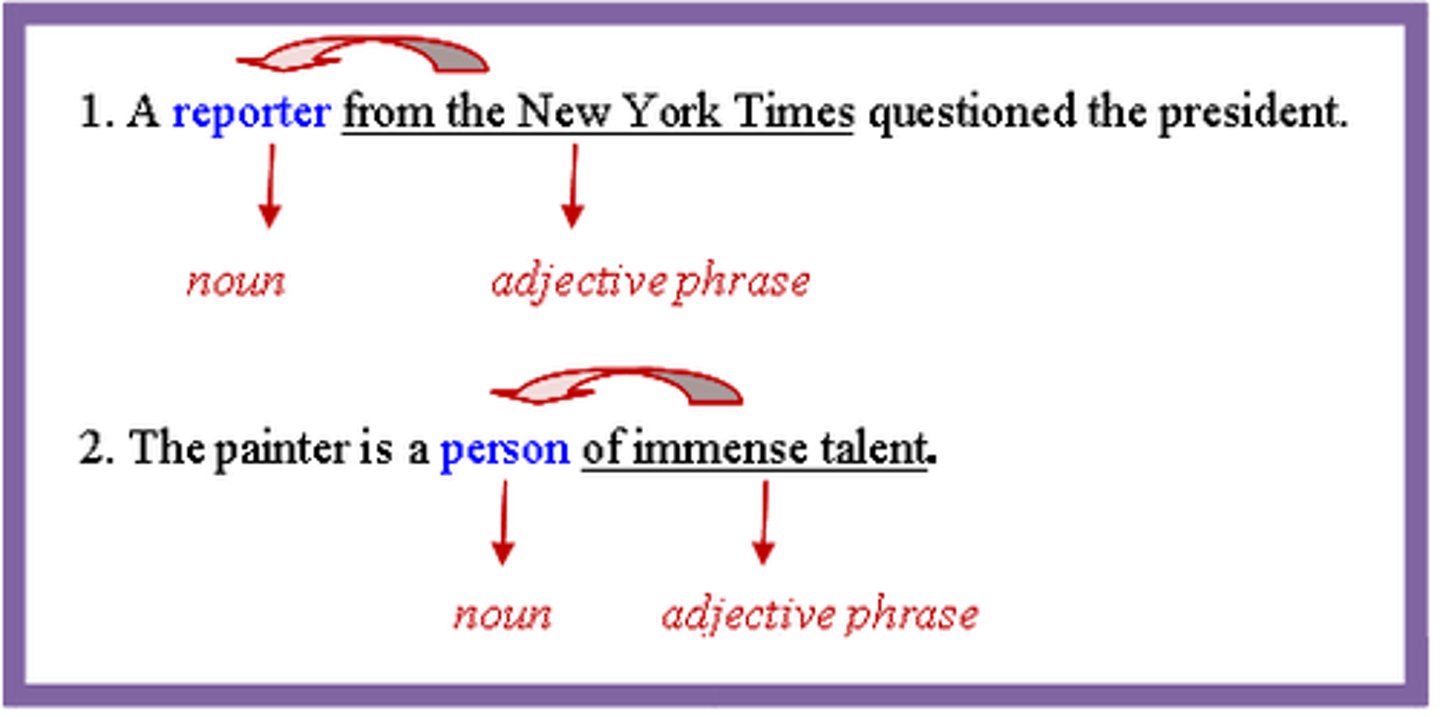
Adverb Phrase
A prepositional phrase that modifies a verb, an adjective, or an adverb
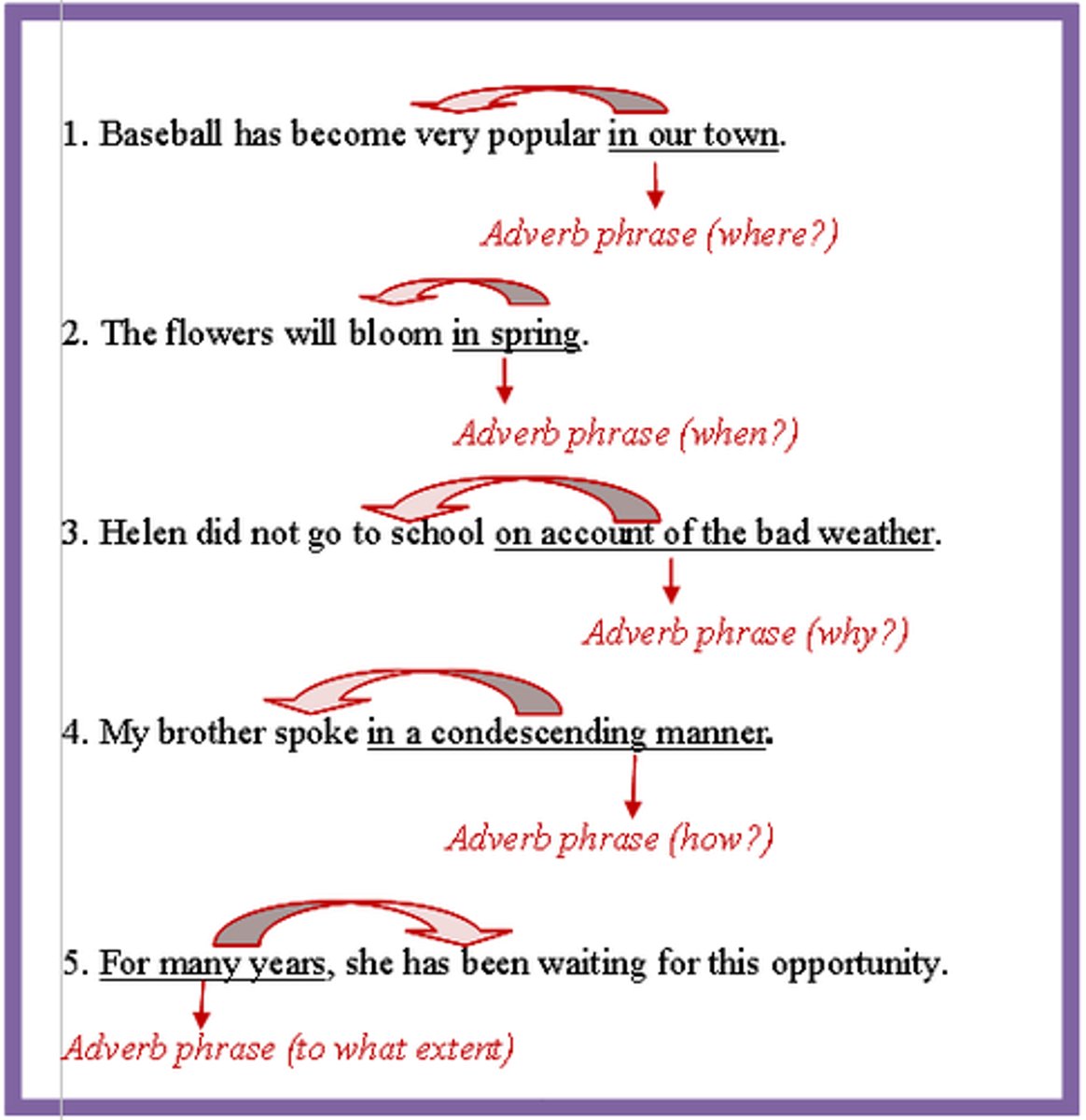
Appositive
A noun or pronoun that identifies or renames another noun right beside it without a linking verb
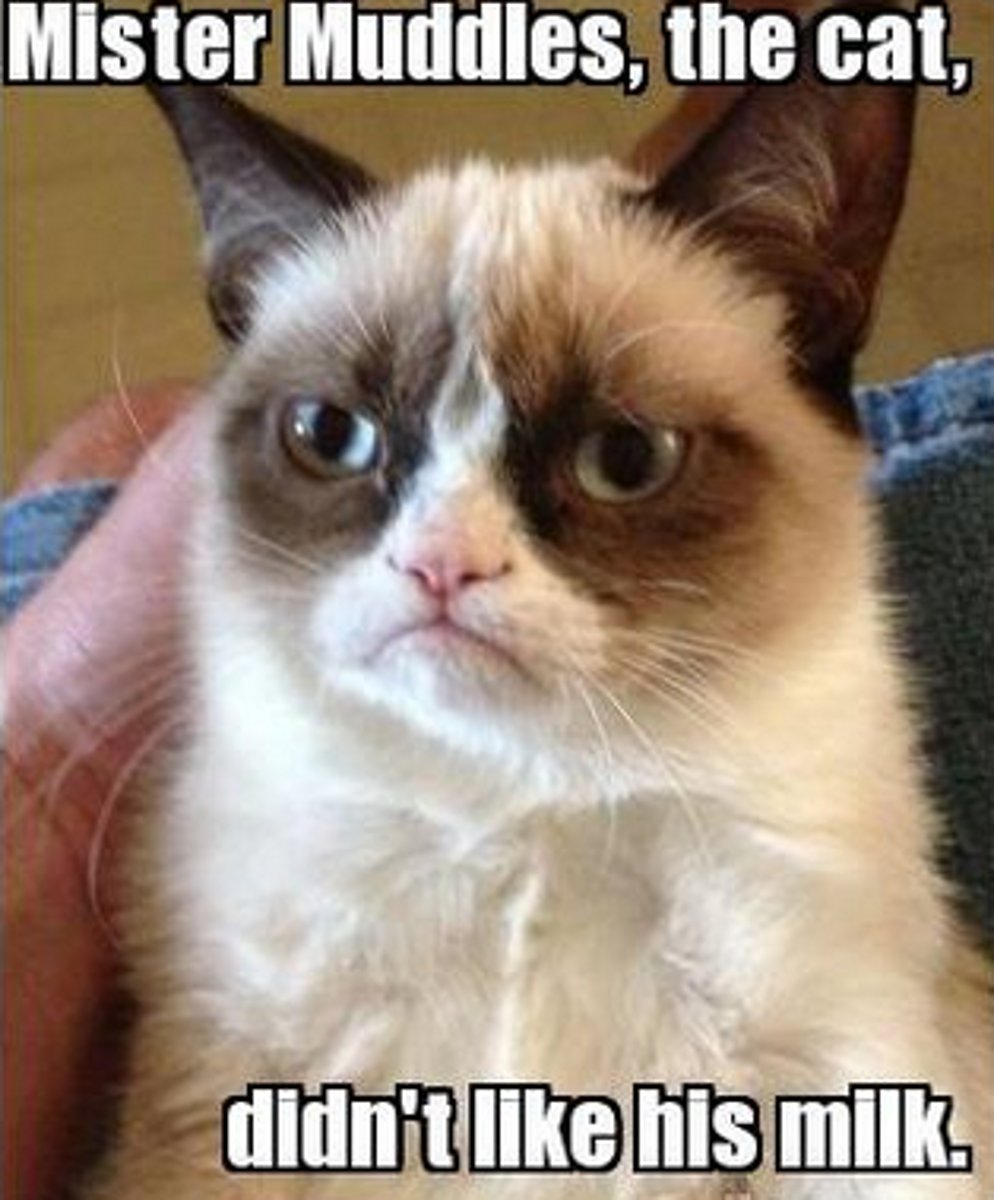
Appositive Phrase
A group of words that stands next to a noun or pronoun and renames or adds information or details to it without a linking verb.
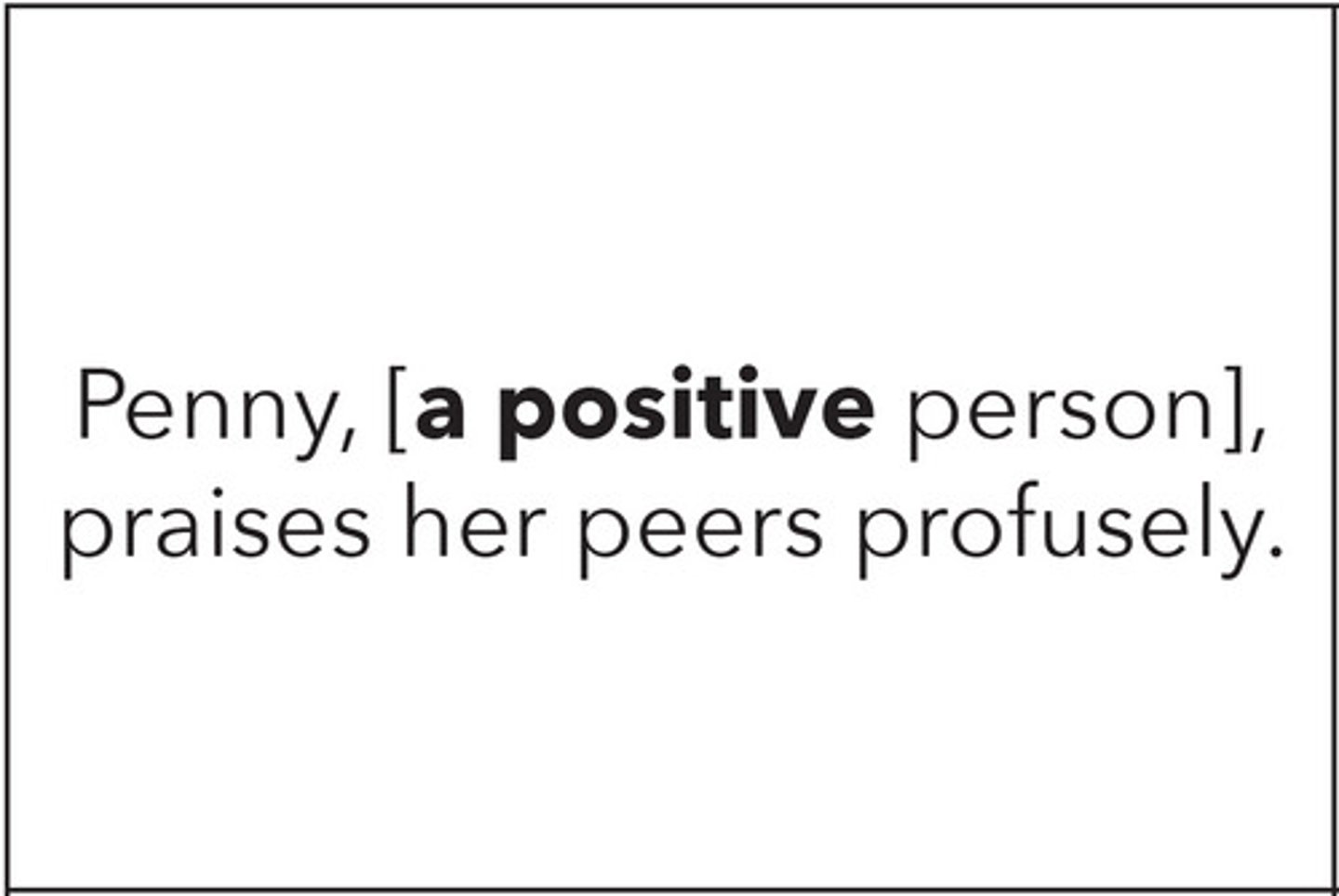
Essential Appositive
An appositive or appositive phrase that provides information needed to identify the preceding noun or pronoun.
These should NOT be separated from the noun/pronoun they rename by a comma.

Nonessential Appositive
An appositive or appositive phrase that provides information additional or BTW information to identify the preceding noun or pronoun.
These should be separated from the noun/pronoun they rename by a comma.

Verbal
A verb form used as another part of speech
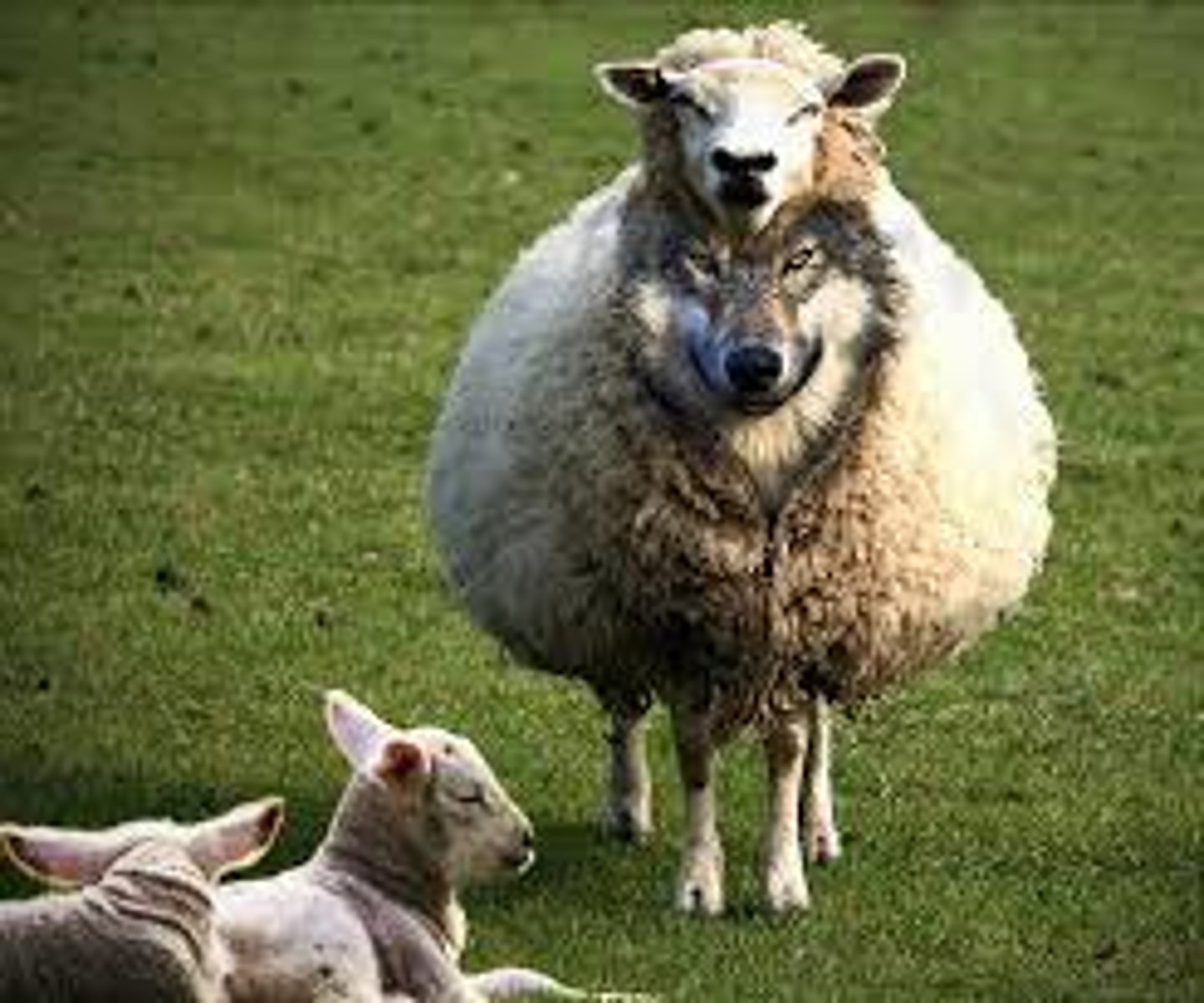
3 Verbals
1.) Participles: Verbal Adjectives
2.) Infinitives: Verbal Adjective, Adverbs, OR Nouns
3.) Gerunds: Verbal Nouns
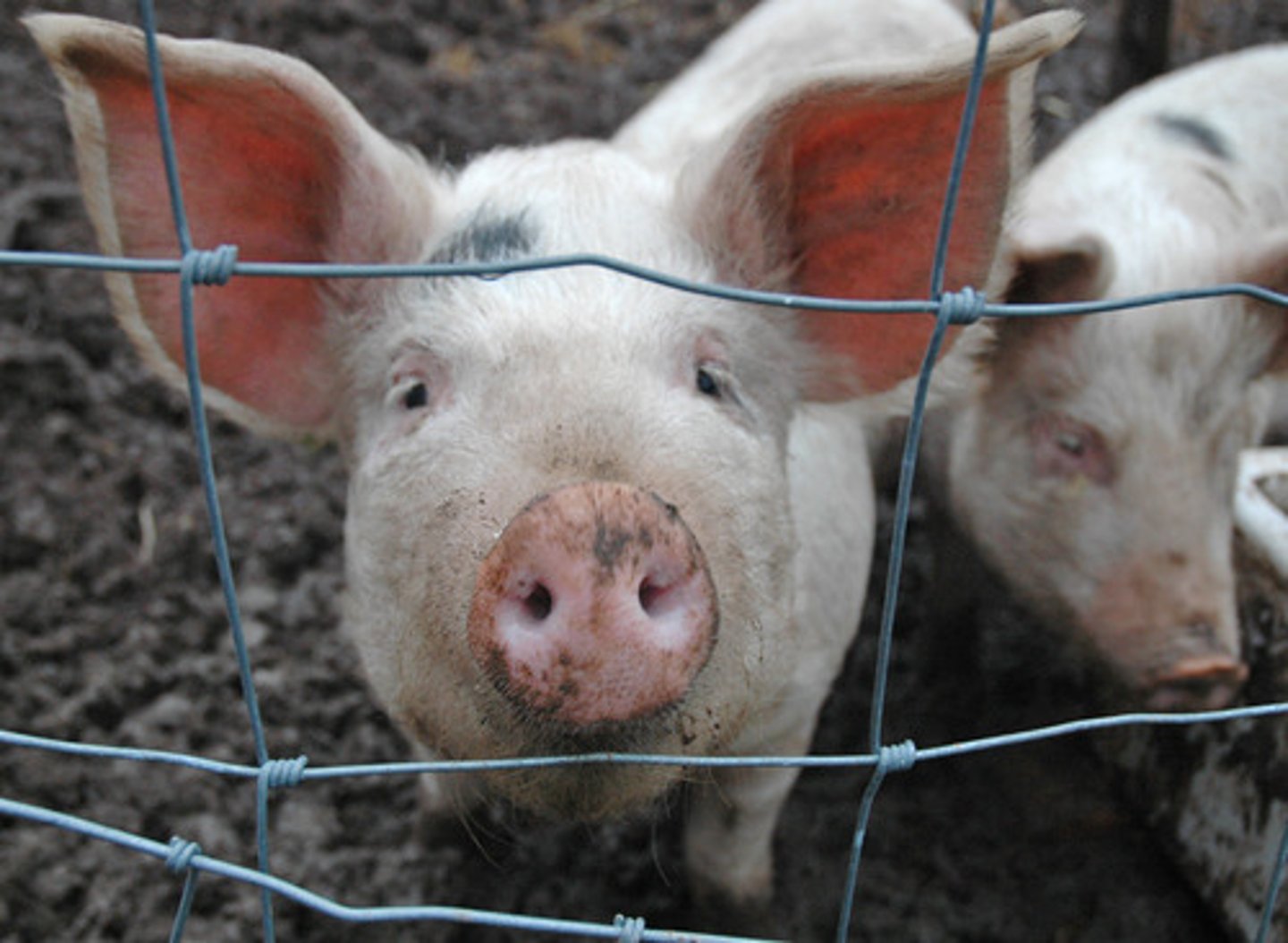
Participle
A verbal used as an adjective.
Past: She handed in her completed project.
Present: She saw the dog running across the street.
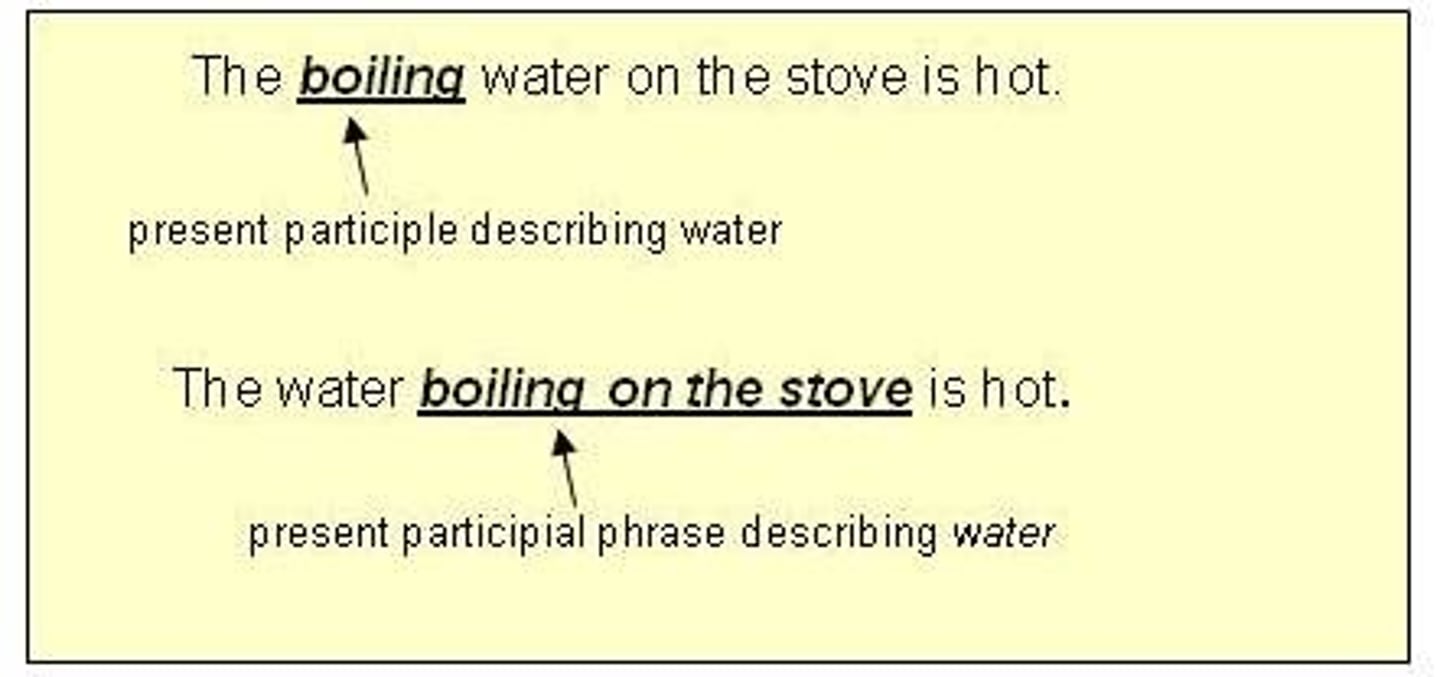
Participial Phrase
A phrase that contains a participle and its modifiers and functions as an adjective to modify a noun or pronoun
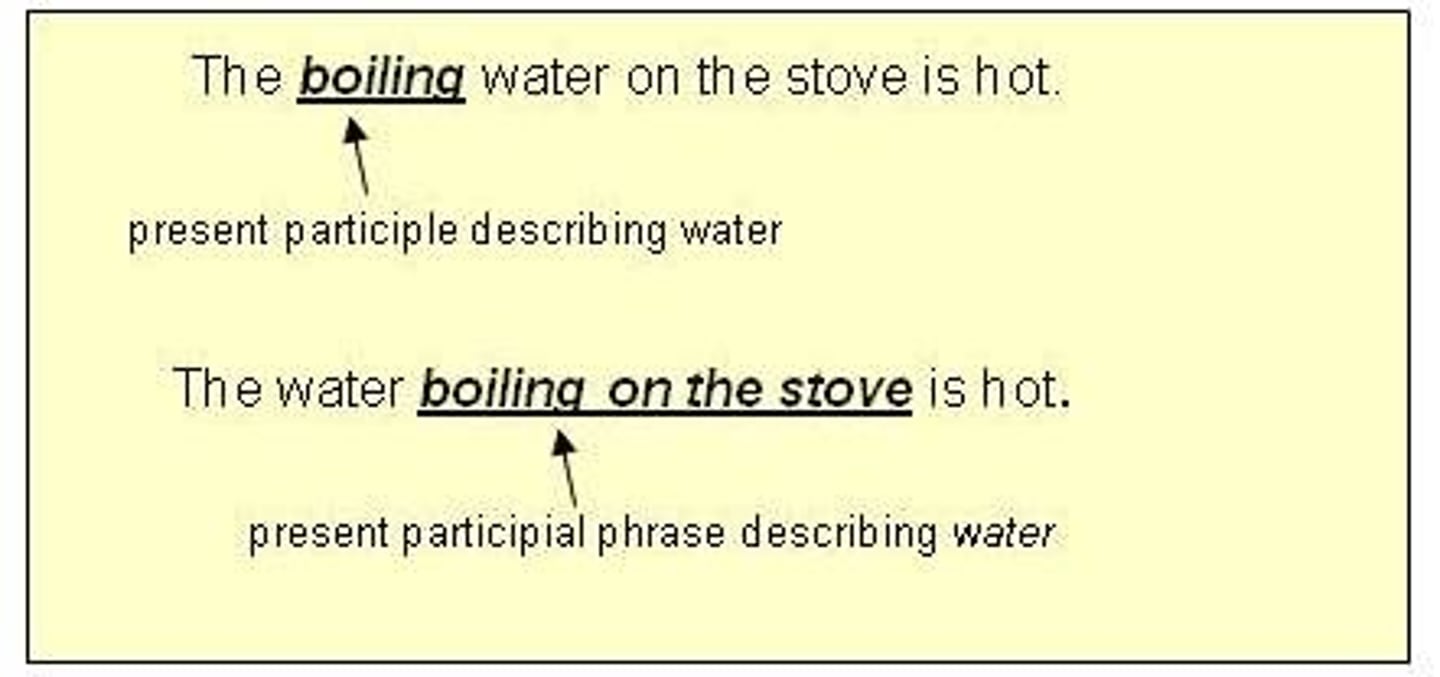
Absolute Phrase
A phrase consisting of a participle and the noun or pronoun it modifies that has no grammatical connection to the rest of the sentence.
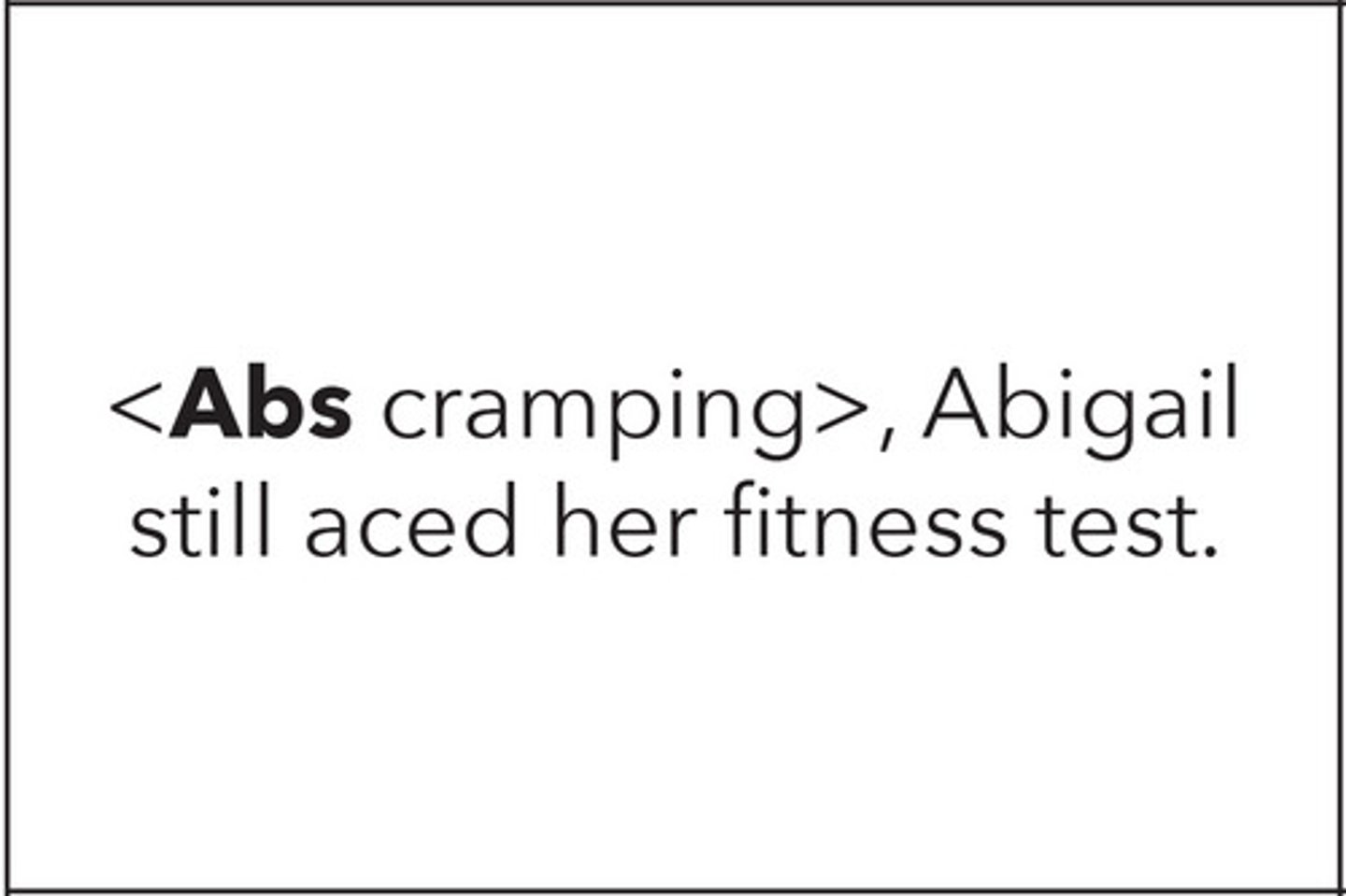
Gerund
A verb form ending in -ing that is used as a noun
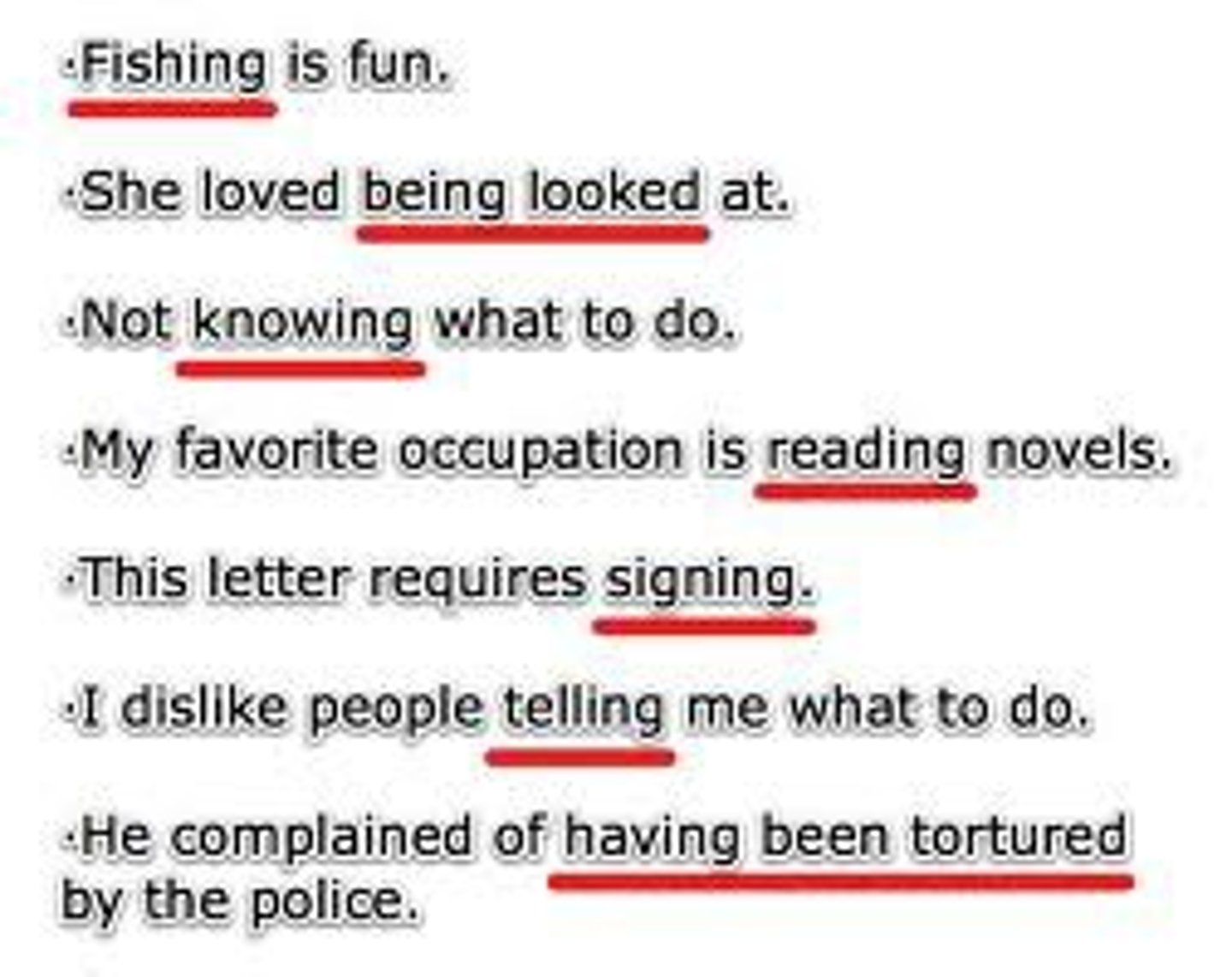
Gerund Phrase
Begins with noun form of verb ending in -ing, plus any modifiers or complements
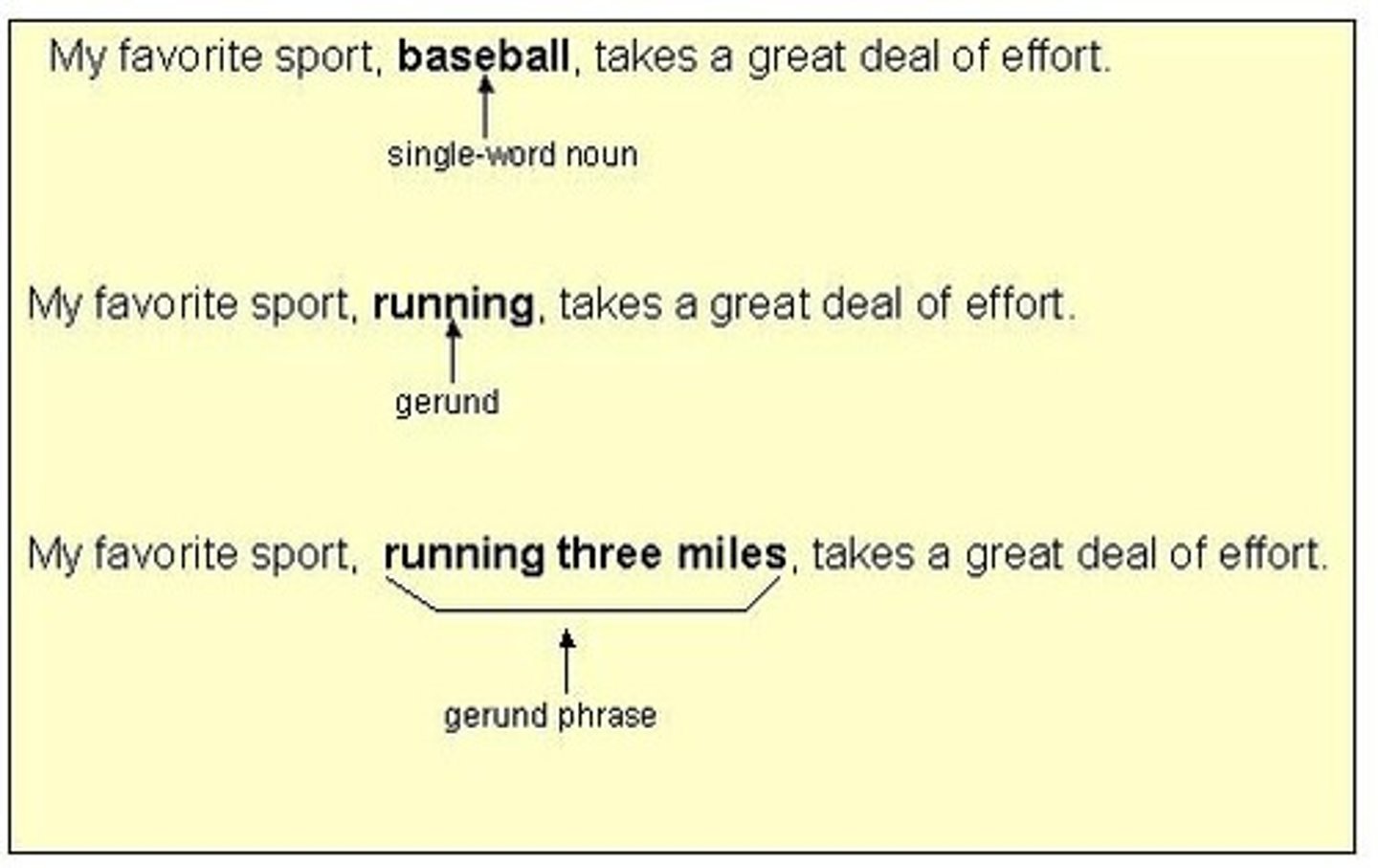
Infinitive
A verb form, usually preceded by "to," that is used as a noun, adjective, or adverb.

Infinitive Phrase
A phrase that includes the infinitive, it's objects, and the objects modifiers

Split Infinitive
An infinitive with an adverb between 'to' and the verb (e.g., 'to boldly go')
This is generally considered a grammatical error

Misplaced Modifier
A modifier (e.g. adjective) that causes confusion because it is placed too far from the word it is intended to modify.
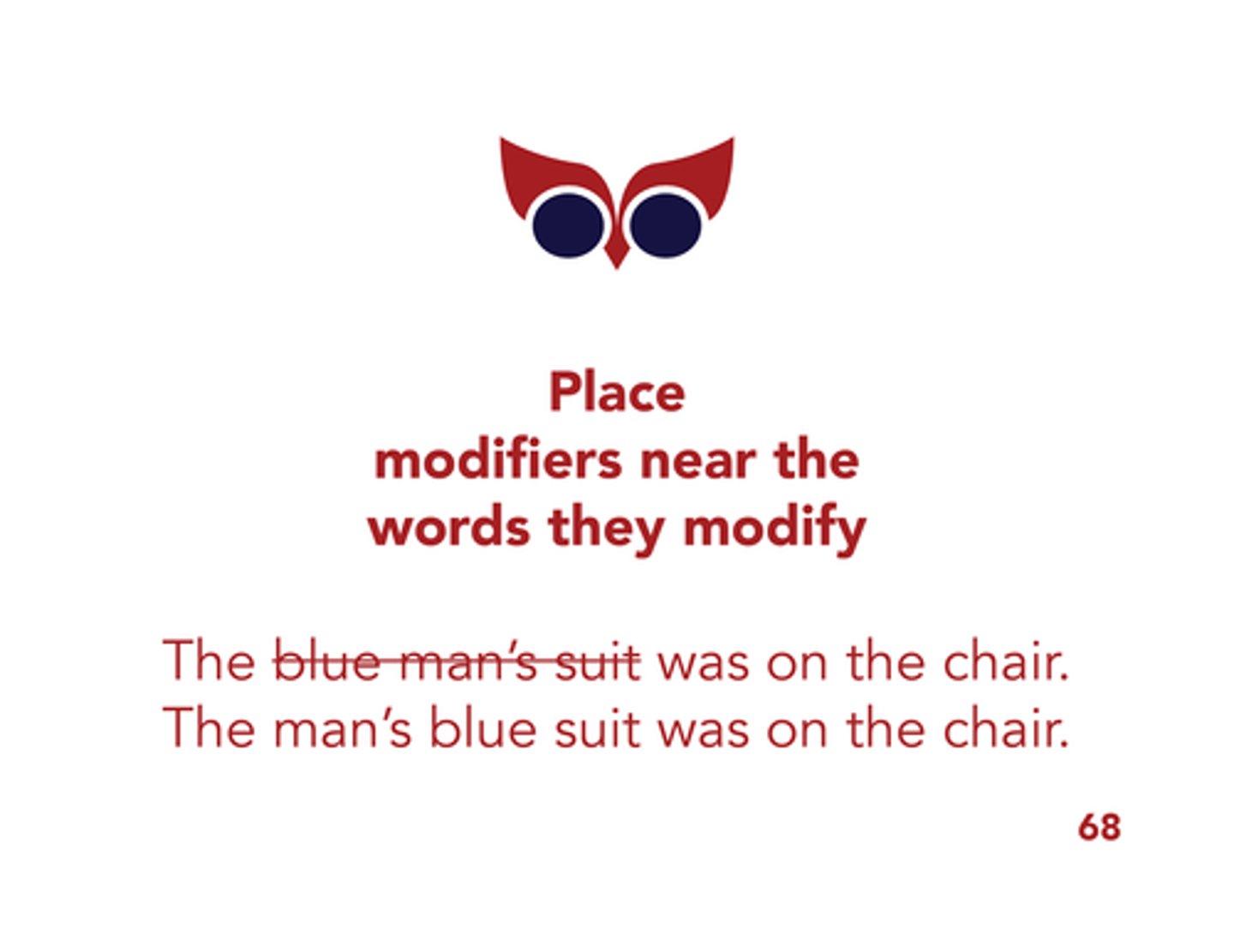
Dangling Modifier
A word or phrase that modifies a word not clearly stated in the sentence
